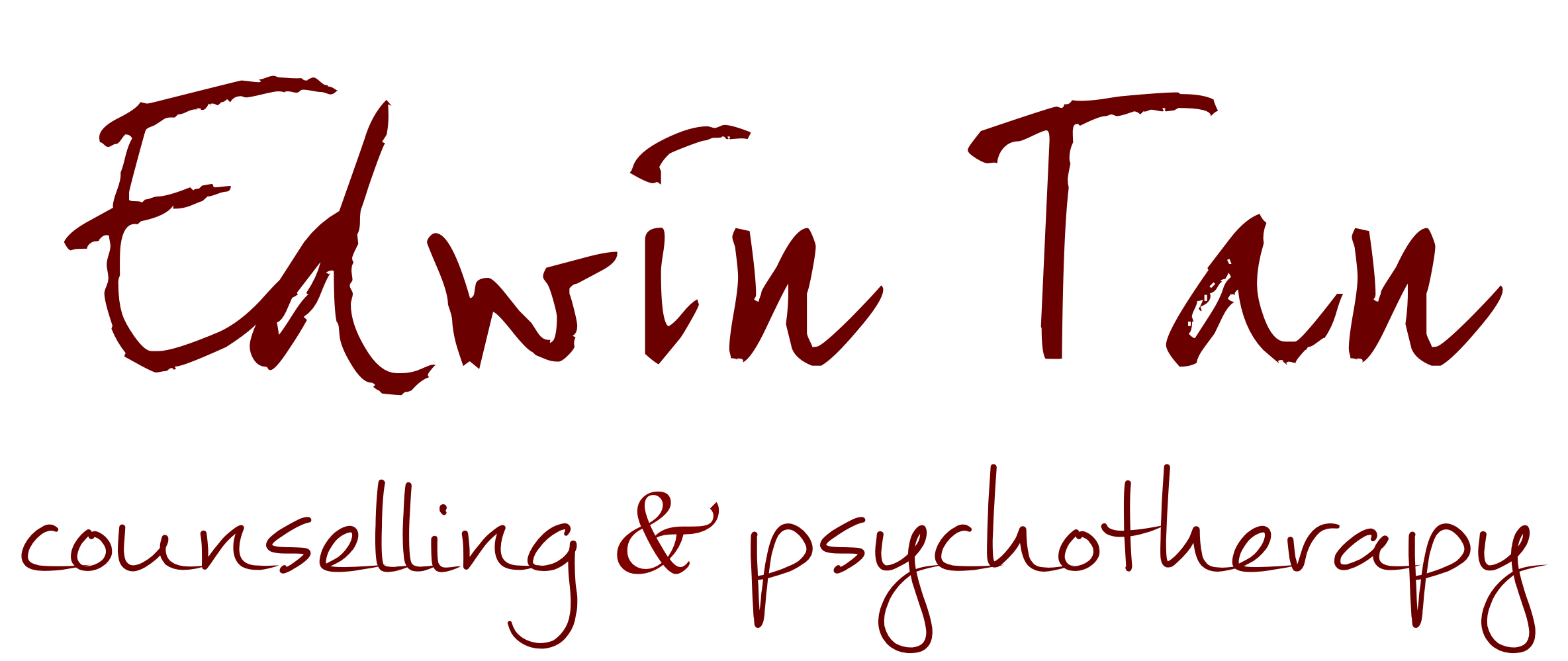frequently asked questions
WHAT IS COUNSELLING & PSYCHOTHERAPY?
Therapy & counselling provide a safe and confidential setting for you to talk about your life and what may be troubling, confusing, painful or uncomfortable for you.
I offer a regular time and place for you to think and talk about yourself and your concerns, and express your thoughts and feelings in a way you might not feel able to do with your family, your partner and your friends. You can be wholly yourself, and you will be accepted, challenged, seen, heard and fully met.
Working together, we'll explore what choices you can make and what changes you can bring about so you can feel better as you live your life.
WHY SEEK COUNSELLING & PSYCHOTHERAPY?
You might seek therapy because you are experiencing distress and difficulties in life, or feel a general dissatisfaction or disconnect between who you are, and how you are living.
Maybe stress is overwhelming you, making every day feel like such hard work. Or you’re facing anxiety, depression or isolation. Perhaps you’re going through bereavement, divorce, relationship troubles, professional redundancy, or other circumstances that threaten your sense of wellbeing. It could be health concerns, or worries about the way you’re thinking, feeling or behaving; or you’re facing situations you just cannot talk about with your partner, family or friends.
It is helpful to see someone who is independent, maintains confidentiality and is able to guide you through a difficult time. I can help you work through these personal issues in a way that enables you to make choices and bring about changes you are comfortable with.
WHAT IS THE DIFFERENCE BETWEEN COUNSELLING & PSYCHOTHERAPY?
There tends to be some confusion around how counselling is different from psychotherapy. In practice, they are very similar.
I use the term ‘counselling’ if we are focusing on a particular issue that might have recently arisen in your life, or a problem that is very specific, such as coping with bereavement or divorce. Counselling is more likely to be shorter-term – we’ll work towards finding a way through the difficulties triggered by the primary issue, enabling you to successfully cope as you live your life.
Psychotherapy tends to be longer-term as we will be working at greater depth, focusing on chronic patterns of behaving, feeling and thinking. We will be considering who you are – your identity and way of being in the world, how you see things and how you feel. We’ll look at what it means for you to live in a world that can be difficult, painful, sad, scary, confusing and puzzling at times, as well as exploring your personal potential for growth, fulfillment, joy and wonder as you live your life.
WHAT TO EXPECT FROM COUNSELLING & PSYCHOTHERAPY?
Choosing to commence or resume therapy is a significant decision that can be daunting. You’re faced with a variety of practitioners and different styles and approaches. You might feel apprehensive and anxious, wondering if you would be put in an awkward or embarrassing situation, uncertain of what to expect. In reality, the therapeutic relationship is premised on confidentiality, trust and respect. You always have control over what you wish to tell me, and what you choose to do.
The process is simple and begins when you get in touch, either using the contact form on my website, via email or giving me a call. We will agree a time and venue to meet.At our initial session, we will discuss why you are seeking help at this time, and what you are hoping to achieve through therapy. I might make some notes on your basic information and background during our first meeting, but this will not occur in subsequent sessions. Everything we discuss in all our sessions is confidential, and your privacy is maintained in accordance to the BACP Ethical Framework for the Counselling Professions.
This initial session – like all therapy sessions – lasts for 50 minutes. Thereafter, if we decide that we will work together, we will then arrange a regular appointment at the same time on the same day each week for our subsequent meetings. Depending on your reasons for seeking therapy, we might agree on an initial series of sessions with an option to extend them as necessary, or you might choose to work on a longer or open-ended basis. The aim of counselling and therapy is to provide you with a safe, confidential space to explore relevant issues of concern to you in a way that you are comfortable with, and that you find personally helpful.
A partial list of presenting issues I can help with includes:
Abuse & bullying
Academic & educational challenges
Addictions to substances &/or processes
Anger & aggression
Anxiety & panic attacks
Artistic & creative challenges
Bereavement & loss
Body image issues
Career challenges & support
Communication challenges
Cultural conflicts
Depression
Eating disorders
Emotional abuse & support
Family relations & crises
Friendship
Gender identity issues
Health & other life-threatening concerns
Identity & questions around meaning in life
Loneliness & isolation
Obsessive Compulsions
Professional & occupational difficulties
Relationship problems
Retroactive Jealousy
Self-esteem & self-worth
Self-harming & self-destructive behaviour
Separation & divorce
Sexual identity issues
Sexuality & intimacy
Social anxiety & social issues
Spiritual & existential struggles
Stress
Suicidal ideation
Trauma & recovery
Unhappiness
Unfulfillment & disappointment


